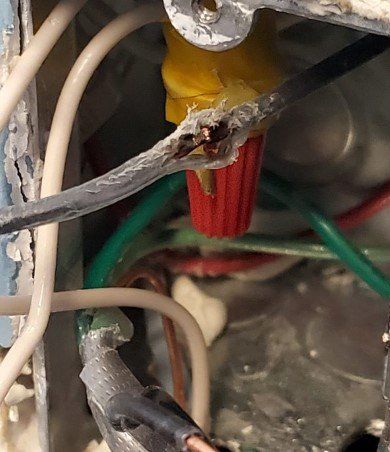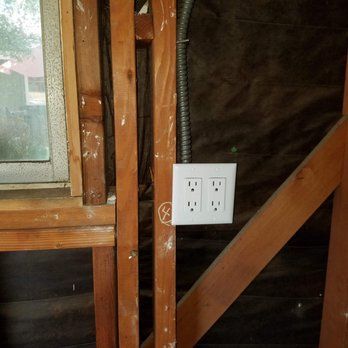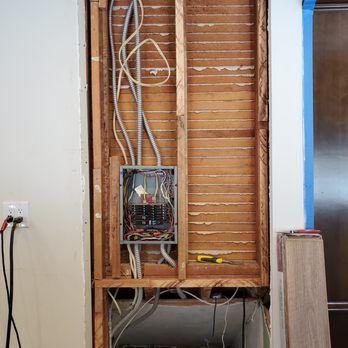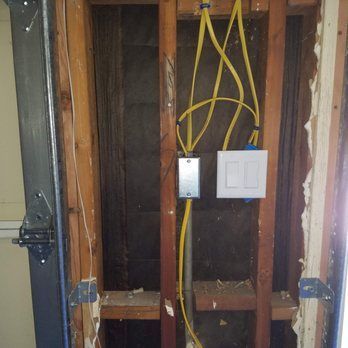What to know about House Rewires!
A house rewire may be necessary when your home’s wiring is outdated. During a house rewire, the old wiring will be removed and replaced with new, up to date wiring. If some of the wiring is safe and usable, a partial rewire may suffice. If the electrical system is safe, it may only need to be grounded.
If you think your house’s wiring needs to be checked or replaced, find an electrician to help with the work. The electricians at Hillside Expert Electrical can help!
Why is a House Rewire Needed?
Homes that were built before 1950 may need to be rewired to meet today’s codes and higher safety standards. Construction pre-1950 involved the use of cloth covered wiring. Over time, the cloth deteriorates and falls off the wires, leaving the wires exposed and prone to spark fires. In most cases, the older the wiring, the more likely it is that it needs to be replaced.
Older homes may also required a main panel upgrade as older panels may not provide enough electricity for today’s needs. Another concern with older electric panels is the fact they may not support the electricity when there is a power overload or power leak. This can result in melted wires, spark fires or create a shock hazard.

Do I Need to Rewire my Home?
Like any major change, there are many things to consider when thinking about a house rewire. It’s best to talk all these issues out with an experienced, licensed electrician but here are some things to consider.
We’ve already discussed older homes but even newer homes may be in need of a rewire. If you are planning a major renovation, a partial rewire may be considered as you may want to add large appliances that require a dedicated circuit or add lighting where there was none. This is potentially the best time to rewire your home as the walls will likely be open and will help cut down the costs.
- If it was wired before 1950 and has not been upgraded it likely needs rewiring to replace cloth-insulated wiring.
- If the home has cloth-insulated wiring.
- If the home has knob and tube wiring. This is typical in homes built before 1935.
- If the home has aluminum wiring. This type of wiring was used in place of copper wiring during the 1960 and 70s. Aluminum wiring is a fire hazard. However, the wiring can be upgraded to make it safe at a lower cost than a complete rewire.
- If a home’s electric system is not grounded or outlets are not grounded. Grounding directs excessive electricity out of the house to prevent fires and electric shock.
- If your home does not have enough power for your needs or is lacking outlets, an upgrade will help get your home to match your needs.
- If you notice you are using several extension cords on a regular basis, you need additional outlets that may require an electric system upgrade.
- If an electric panel is not safe, it needs to be replaced. This may or may not be part of a home rewire process.





